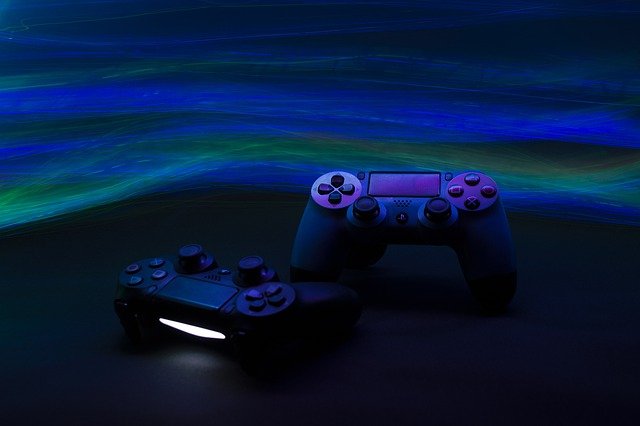Avid gamers have long claimed that gaming makes them smarter and better able to handle the rigors of the modern world. While critics prefer to see books as the crucible of learning, there is growing evidence that gaming could in fact make us more intelligent.
The Benefits of Gaming
Gaming has long been seen as a hobby. But far from being a mindless pursuit, gaming has many upsides. It can teach us new skills, make us laugh, exercises different parts of our brain, and allow us a chance to relax and forget about the day.

Psychologists and other researchers have been studying the impact of video games on our brains for decades now. Since the days of early arcade games like Pacman and Pong, scientists have been interested in how regular gaming might impact our learning and cognition. While some forms of games involve clear problem-solving exercises or the need to flex our memory muscles, other types of gaming at first glance don’t appear to require a need for high-level thinking.
However, in recent years the evidence has become clearer. When compared with people that do not indulge in gaming activities, research shows that gamers present improved deductive reasoning, mathematical intelligence, processing speed and analogy skills. And even war-style shoot ’em up games show an improvement in cognitive skills.
Researchers have been able to show that first-person shooter games in a similar vein to games like Call of Duty and Apex Legends can actually improve your mental flexibility. This means you can learn how to multi-task, and be more reactive to change.
Meanwhile, games that incorporate physical components like those popularized with the Nintendo Wii and VR Headset titles are reported to improve executive functions, attentional processing skills, and our visuospatial understanding.
Rooted in Tradition
By taking a step back, and looking at this subject through a historical lens, we can see that gaming has long been known for improving mental capacities. Many tabletop and card-based games have long been held up as fountains of knowledge.
Chess is well-known for its brain-stimulating benefits and the best players are typically recognized as highly intelligent people.
Research has shown that chess players are better at recalling lists of words they’d heard than people who had never played chess and can memorize complex visual patterns.
Poker is an ideal game for teaching us wider life skills too, such as how to look after our money. Properly managing funds is one of the keys to winning at poker and can help to sharpen your math/recall skills, as well as improve your gaming technique.
Another card-based game, Solitaire, is beneficial in that it helps users to recognize the impact of their decision making. By choosing the right cards, and learning from your wrong moves, you can in turn begin to manifest better outcomes.
Mobile Gaming
With the rise of mobile gaming, we have even seen developers begin to capitalize on these intersections, by creating games that have a specific focus on learning. So-called Brain Training Apps like Lumosity and Duolingo offer users ways to grow skills. Mathematical, problem solving, memory-based, or language skills can all be improved with daily games that can be done first thing in the morning, while you’re on the go or last thing at night. Progress markers and bonus streaks allow you to keep track of your accomplishments.
Another key reason that many people pick up their joypads or fire up their computers at the end of the day is the relaxation and calm that it can bring to our lives. Gaming presents challenges that can be overcome, which is useful if our relationships or work lives are becoming difficult.
While gaming can be useful in this way, it should only be seen as a temporary relief. You should always reach out to trained professionals for more long-term solutions, like therapy.











Add Comment